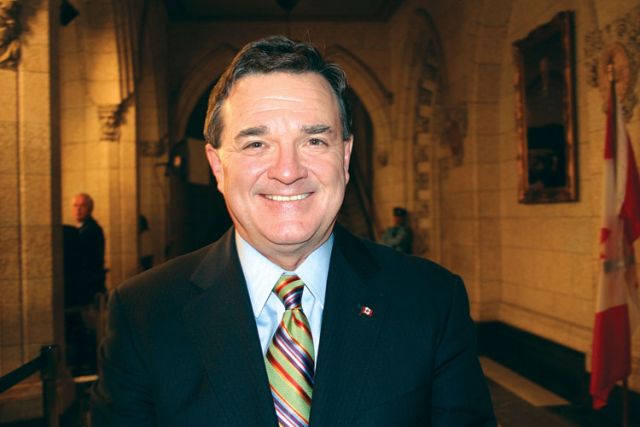"Overall this is a budget about jobs, economy, returning to surplus and setting the stage for the 2015 election campaign," said Ray Pennings, co-founder and vice president of Cardus, a think tank focused on the flourishing of Canada's "social architecture" or civil society institutions and groups such as churches, charities and labour unions.
Pennings sees the budget, introduced Feb. 11, as "setting the stage for significant debate for what the task of government is vis-à-vis the middle class," noting the Conservatives see the middle class as "workers and consumers." The New Democrats focus on supporting the middle class, almost seeing them as dependent on government, he said, while the Liberals appeal to the middle-class aspirations, looking at how government can help middle-class families meet them.
"There is very little investment in terms of the institutions of civil society," he said, calling it "a status quo budget" that views society as individual "economic actors" with the government "fairly quiet about the space in between."
Citizens for Public Justice (CPJ) executive director Joe Gunn said the federal government "missed an opportunity to lead" and "failed to address growing social and environment concerns in Canada."
"The federal government's narrow focus on fighting the deficit has left huge and unnecessary social and environmental deficits," said Gunn. "It's vital that we don't become so myopic that we make long-term policy decisions based solely on the deficit or surplus of the moment."
"No matter where you are on the political spectrum, the reality is Canada, among its competitive nations, is ahead of the game in terms of returning to balanced budgets," Pennings said. "No matter what you want government to do, it needs the resources to do it. Being in surplus is an easier way to proceed than being in deficit."
For some socially conservative groups, balancing the budget is good news.
"A balanced budget means the government can fulfil its promise to allow income splitting for Canadian families along with other measures to lower the tax burden on families," said Institute of Marriage and Family Canada executive director Andrea Mrozek.
Properly implemented, income splitting allows families to share income when they file their tax returns, lowering their tax bracket, IMFC said.
"More money in the family budget provides greater financial stability and less dependence on government programs," said the think tank which is devoted to researching marriage and family issues.
Budget 2014 does not mention income splitting, but Pennings says the Tories' 2011 pledge to bring in income splitting up to $50,000 once the budget returns to surplus means we will "hear a lot more about income splitting over the year to come."
CPJ rejects the idea of spending a projected $3 billion on income splitting and urges the government to put that money into increasing the National Child Benefit Supplement that targets those in need. Money proposed for income splitting "if invested in increasing the NCBS, could lift 260,000 children out of poverty," said CPJ, noting this has been a recommendation of "countless other researchers, anti-poverty groups and opposition parties."
CPJ said this budget and previous ones "focuses on tax breaks for the rich at the expense of policies that would reduce poverty."
It is possible to "draft a budget that promotes the common good while ensuring a surplus in 2015," said CPJ. Among its recommendations in pre-budget consultations, CPJ advocated increasing tax revenues through a "harmonized carbon tax" and eliminating several "boutique tax credits" that "disproportionately benefit the wealthy" and "cost millions of dollars in foregone revenue each year."
Both Cardus and CPJ applauded the First Nations Control of First Nations Education Act that will see $1.25 billion over three years allocated to improved education on reserves.
There is no mention of climate change, though CPJ notes Budget 2014 "commits to 'environmental protection' through natural resource exploration and development in mining and forestry."


